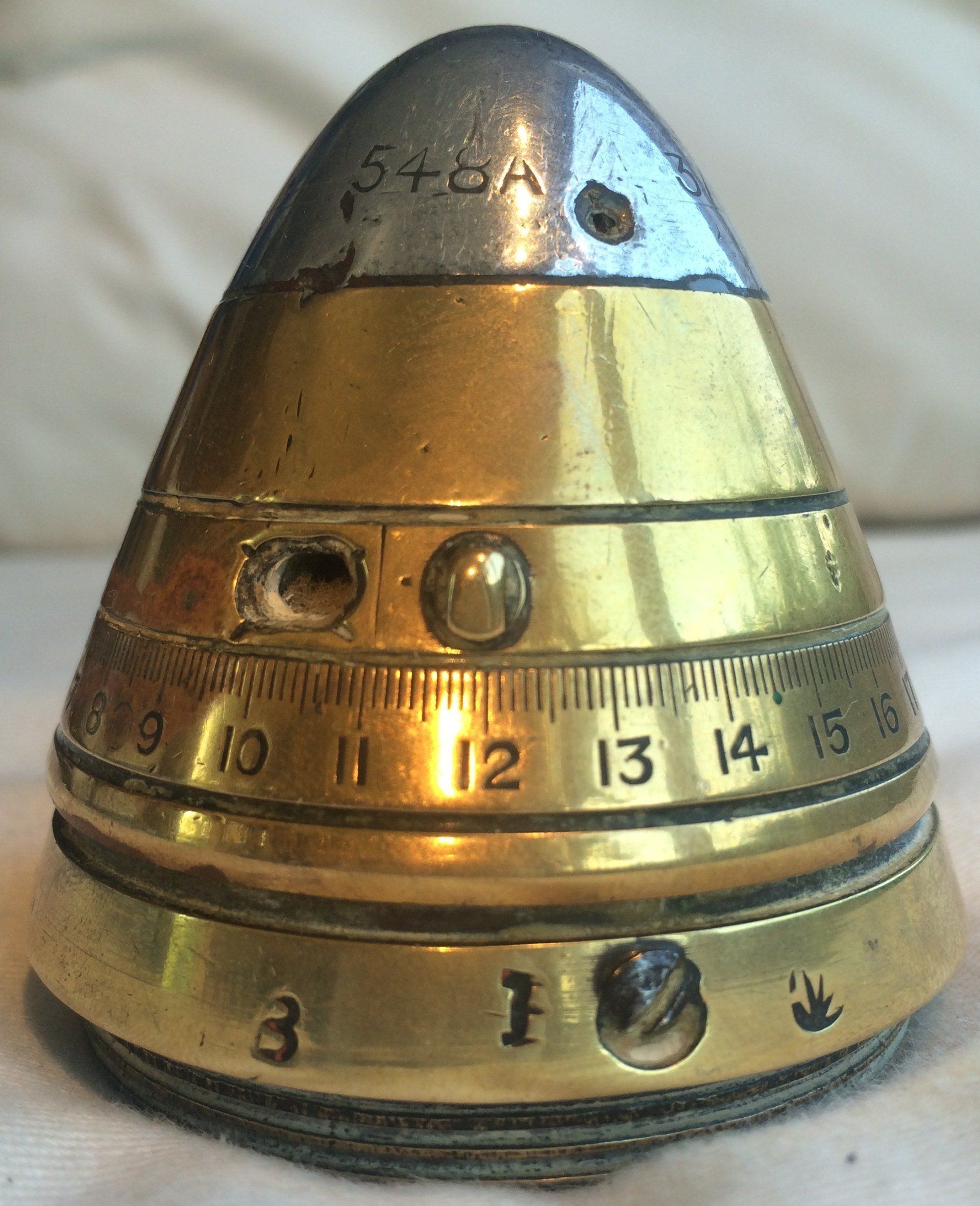Tommies the Real-Time Epic
Tommies the Real-Time Epic
Because Tommies happens over a four year period, the listener - like our characters - is embarking on a journey into the unknown.
However, unlike our characters, we listeners know how the big picture will turn out.
But what no-one knows is how many of the characters we start with will make it to the Armistice. The listener doesn’t even know if they’ll be around to hear the Armistice themselves after four years!
It's quite a thought to throw at a listener: like our characters, you don't know if you'll make it to the end of this "war".
The spur for TOMMIES came from the simple realisation one day in 2009 when we were pulling out of Iraq that I had lived through a war that lasted longer than the Second World War.
As someone who can probably give you a month-by-month military, social and political appreciation of WW2 on five continents, it occurred to me that to live through a war - an open-ended, shapeless commitment - is not like reading the neat story afterwards.
Once I’d had the idea that putting time back into drama (it’s the first thing that comes out) a lot of other pieces fell into place. The march of real-time means some days we’re in the middle of the action, other days we are miles away at rest, or on a training course, or on leave, or whatever. The clock decides where we’ll be - oh how like real life.
And the audience is experiencing their own births, marriages and deaths along the way.
Possibly the ultimate accolade might be if someone listening to the radio and doing the washing up in 2017 thinks “hey, these guys were in this same trench two years ago - that was before we moved and had the baby in our new house”. Or perhaps they won’t. This is a distinct possibility: absolutely no-one will care about the real-time thing at all. They’ll just get it on whatever level they want.
Speaking personally, I've found reading and writing about characters whose time is running out sometimes makes me appreciate every day I have just that little bit more.
However, unlike our characters, we listeners know how the big picture will turn out.
We know this is a four year investment.
But what no-one knows is how many of the characters we start with will make it to the Armistice. The listener doesn’t even know if they’ll be around to hear the Armistice themselves after four years!
It's quite a thought to throw at a listener: like our characters, you don't know if you'll make it to the end of this "war".
The spur for TOMMIES came from the simple realisation one day in 2009 when we were pulling out of Iraq that I had lived through a war that lasted longer than the Second World War.
As someone who can probably give you a month-by-month military, social and political appreciation of WW2 on five continents, it occurred to me that to live through a war - an open-ended, shapeless commitment - is not like reading the neat story afterwards.
Once I’d had the idea that putting time back into drama (it’s the first thing that comes out) a lot of other pieces fell into place. The march of real-time means some days we’re in the middle of the action, other days we are miles away at rest, or on a training course, or on leave, or whatever. The clock decides where we’ll be - oh how like real life.
And the audience is experiencing their own births, marriages and deaths along the way.
Possibly the ultimate accolade might be if someone listening to the radio and doing the washing up in 2017 thinks “hey, these guys were in this same trench two years ago - that was before we moved and had the baby in our new house”. Or perhaps they won’t. This is a distinct possibility: absolutely no-one will care about the real-time thing at all. They’ll just get it on whatever level they want.
Speaking personally, I've found reading and writing about characters whose time is running out sometimes makes me appreciate every day I have just that little bit more.
